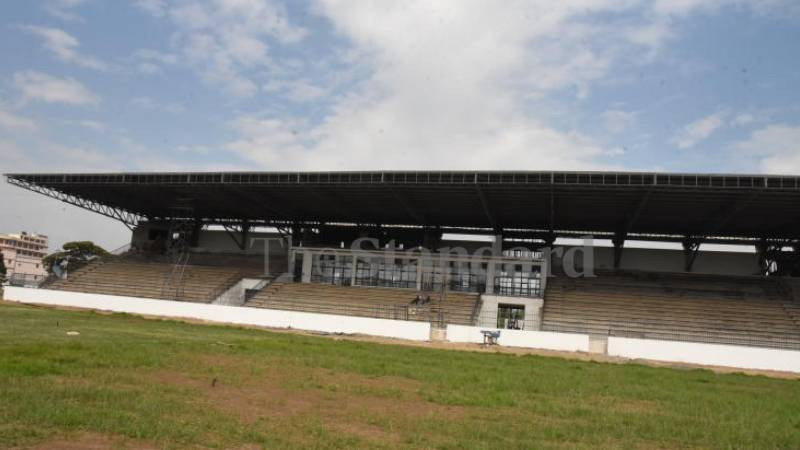×
The Standard e-Paper
Join Thousands Daily

The ongoing upgrade of Afraha Stadium could be completed in the next one month.
Due to delays in completing the project, the County Assembly Sports Association (CASA) had to seek alternative grounds for its games this year. CASA hosted the sports at the ASK Showground and at Kabarak University grounds.